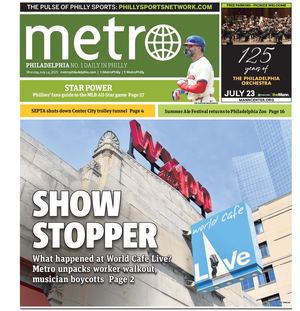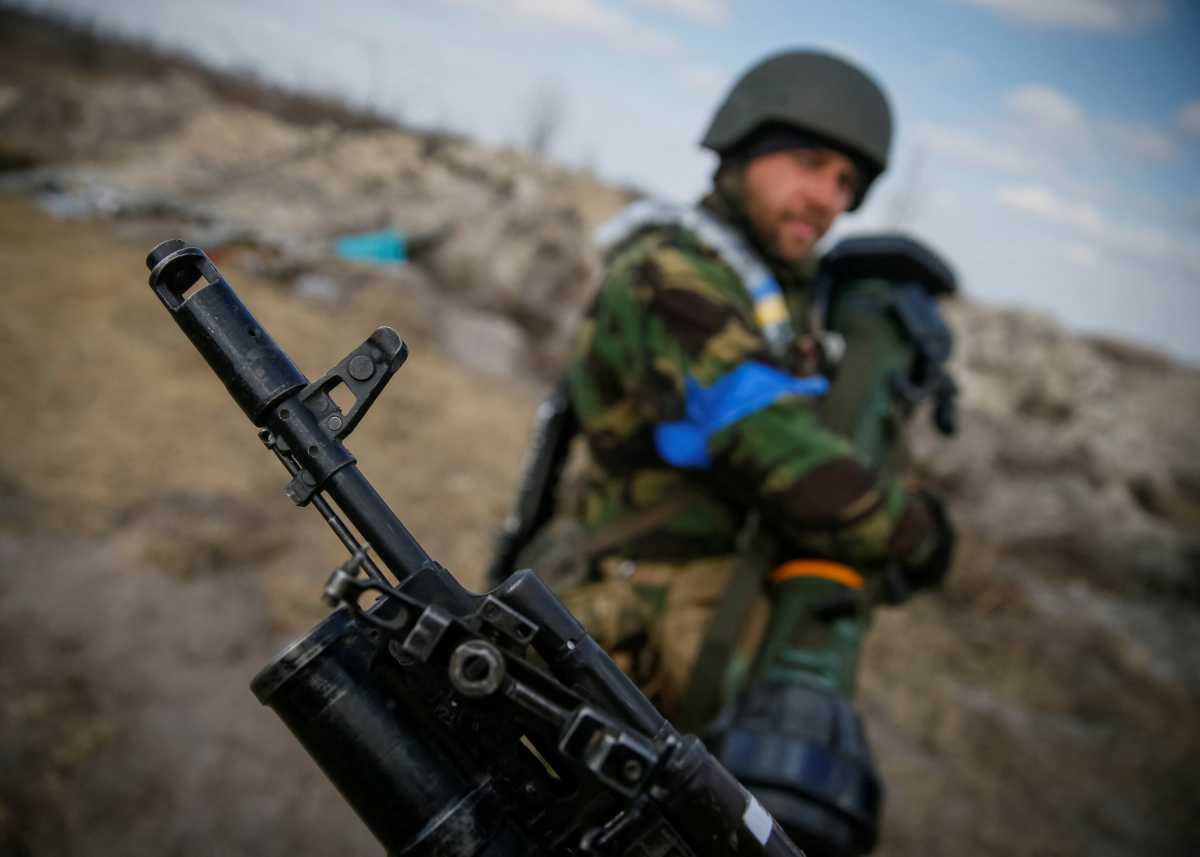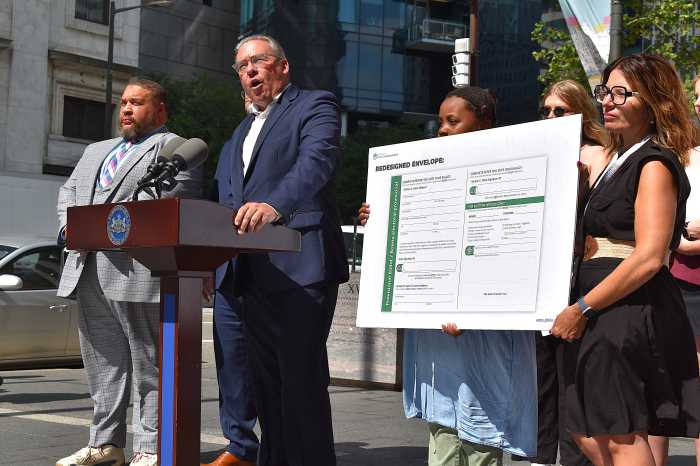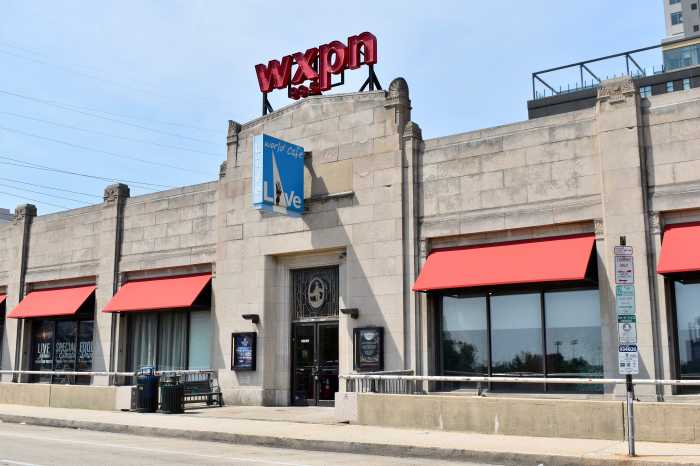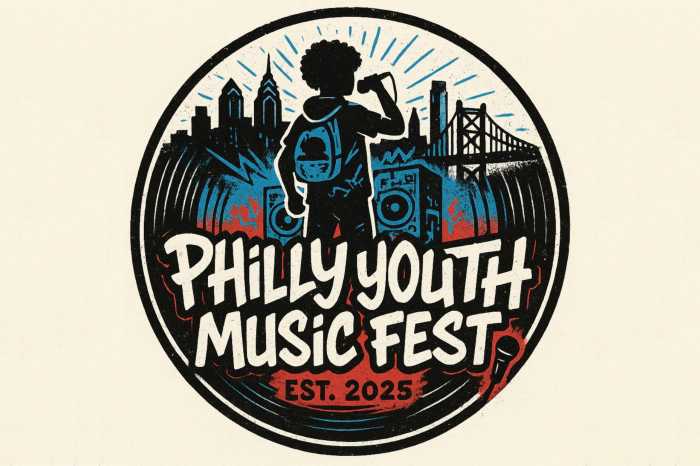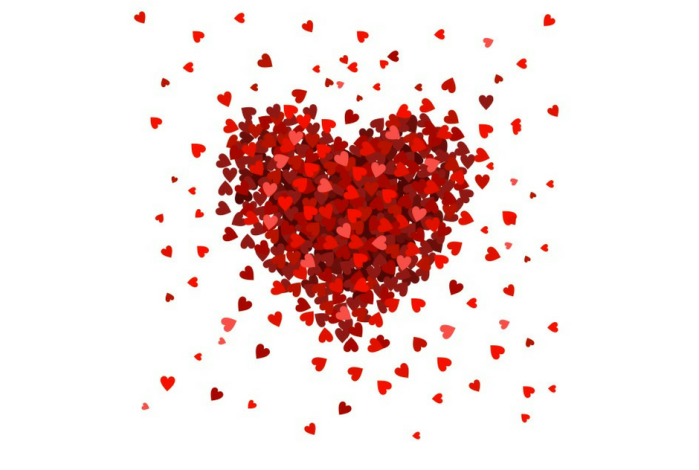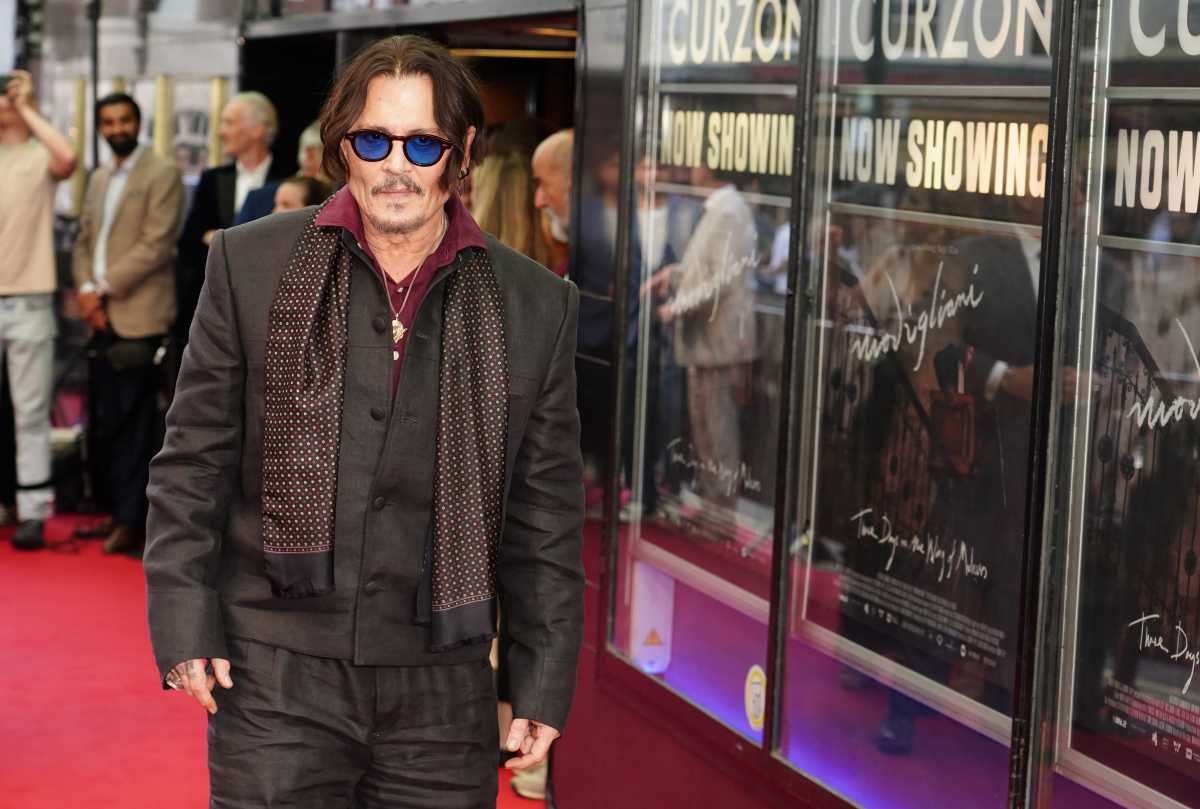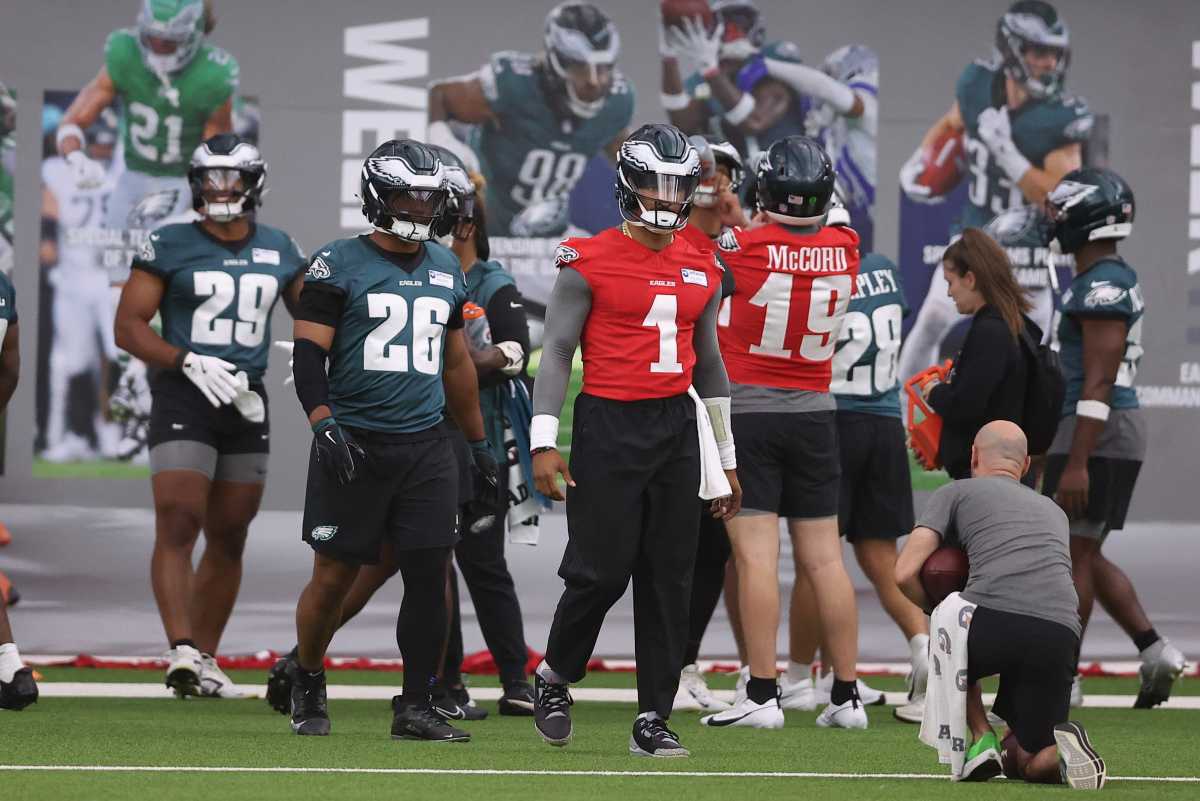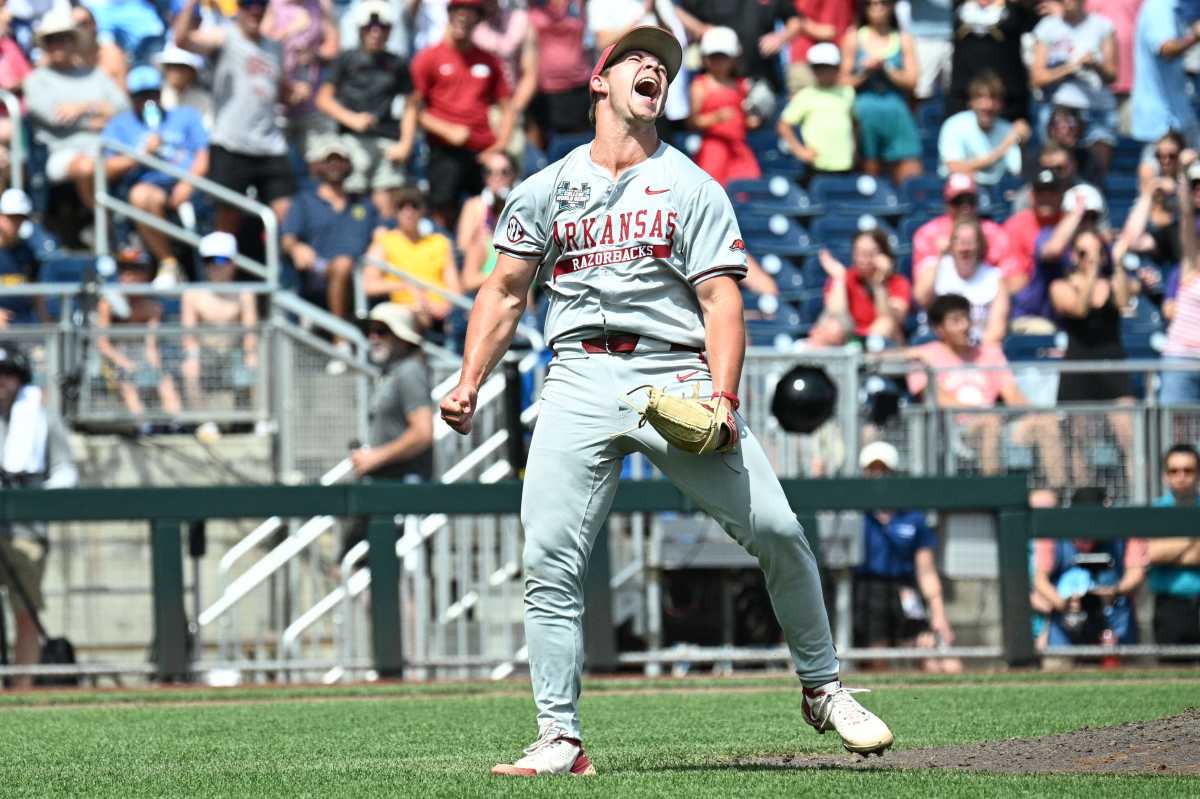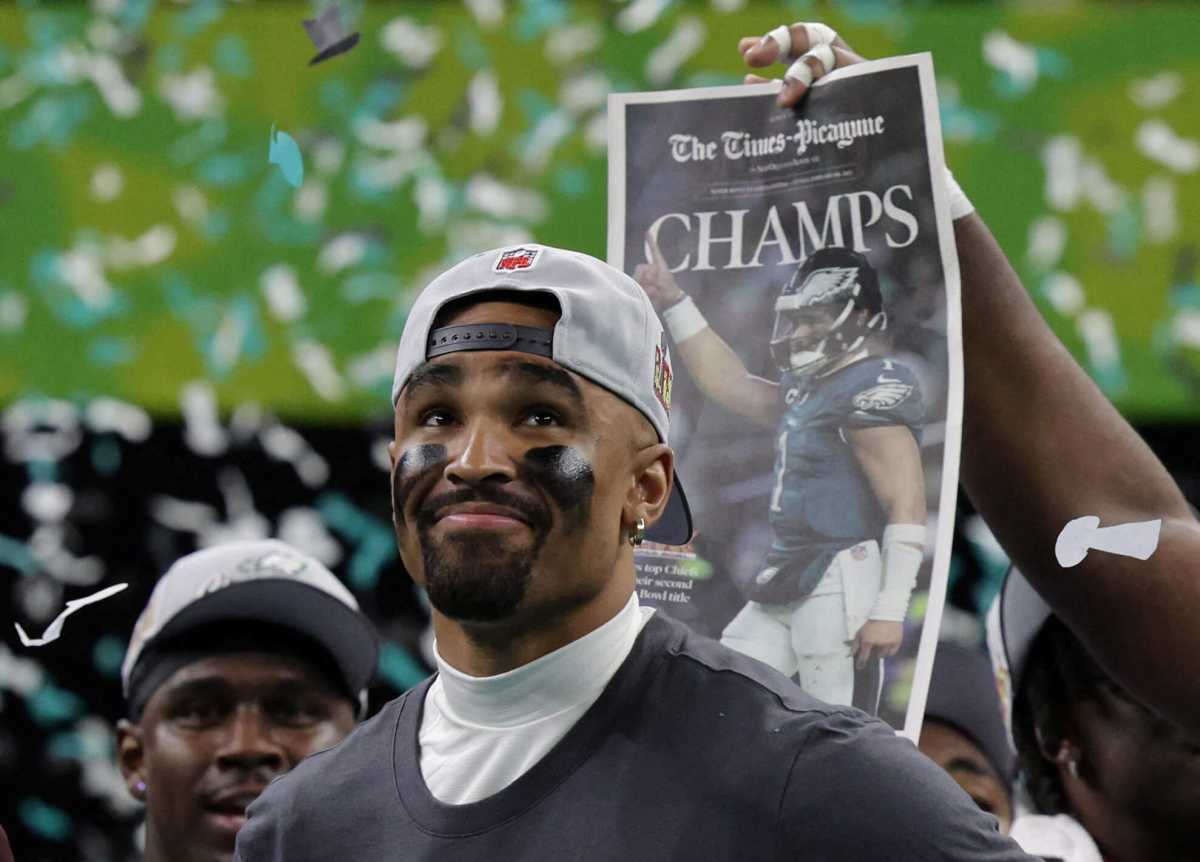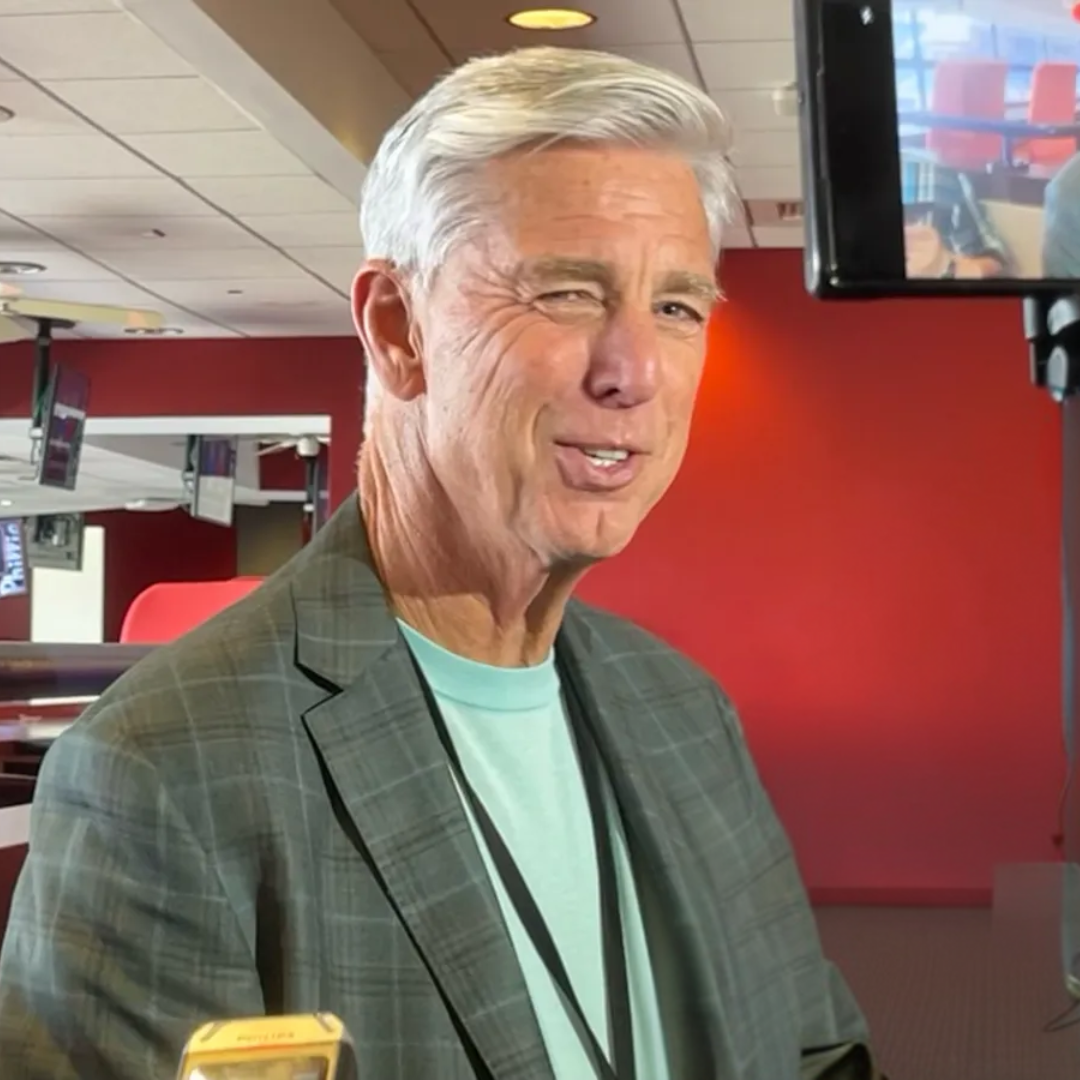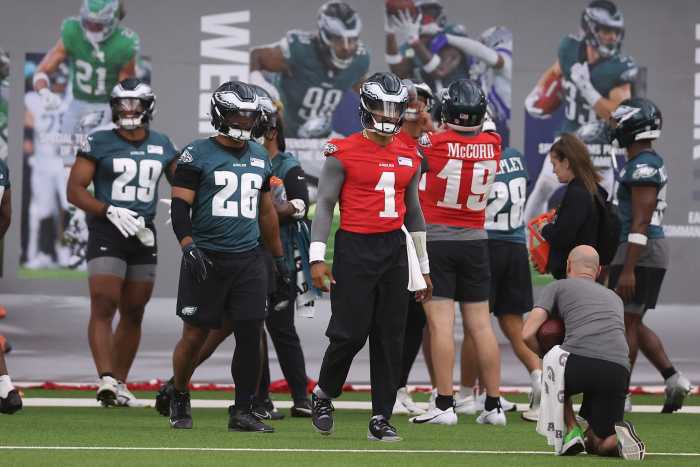By Marine Strauss and Gabriela Baczynska
NATO promised Kyiv new military support and assigned more troops to its eastern flank while London and Washington imposed fresh sanctions on Moscow during a trio of summits on Thursday aimed at showing Western unity against Russia’s war in Ukraine.
NATO leaders meeting in Brussels agreed to help Ukraine protect itself against any chemical, biological or nuclear attacks, and a U.S. official said Washington and allies were also working to provide Kyiv with anti-ship missiles.
However, leaders from countries that represent more than half of the world’s GDP fell short of satisfying Ukrainian President Volodymyr Zelenskiy’s pleas for tighter sanctions and European Union nations remained divided over imposing an embargo on Russian energy.
Russia supplies 40% of the EU’s collective gas needs and more than a quarter of its oil imports, and countries most dependent on this supply – in particular Germany – are reluctant to take a step that would have a major economic impact.
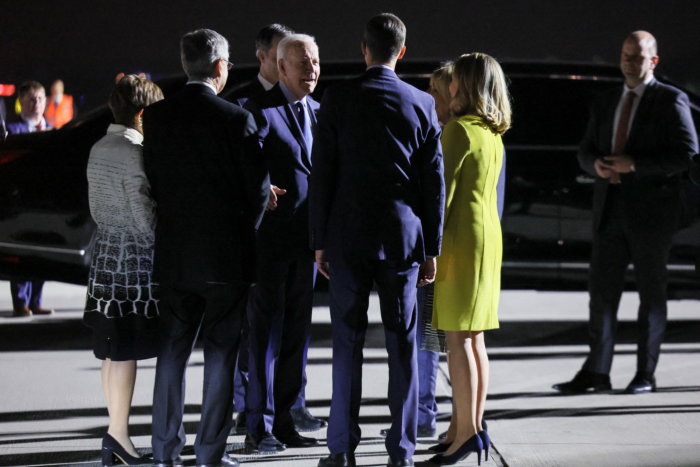
In a move that made Europe’s dilemma worse, Russian President Vladimir Putin said on Wednesday that “unfriendly” countries must start paying in roubles for oil and gas, which would mean paying Russia hard currency to buy the roubles.
Several EU leaders said this demand was at odds with supply contracts, and Slovenian Prime Minister Jansa told reporters on arrival for the EU summit: “Nobody will pay in roubles”.
Ukraine is a former Soviet republic whose aspirations to join the EU and NATO drew Moscow’s ire. Russian forces attacked Ukraine on Feb. 24 in what Putin calls a “special military operation” aimed at destroying Ukraine’s military capabilities and “denazifying” it.
The invasion has killed thousands and driven a quarter of Ukraine’s 44 million people from their homes. The bombardment has hit residential areas, schools and hospitals in Ukrainian cities including Kharkiv and the besieged port of Mariupol on the Sea of Azov. Russia denies targeting civilians.
“Putin has already crossed the red line into barbarism,” British Prime Minister Boris Johnson said as London unveiled restrictions on Gazprombank and Alfa Bank, as well as on the stepdaughter of Russian Foreign Minister Sergei Lavrov.
“The harder our sanctions … the more we can do to help Ukraine … the faster this thing can be over,” Johnson said.
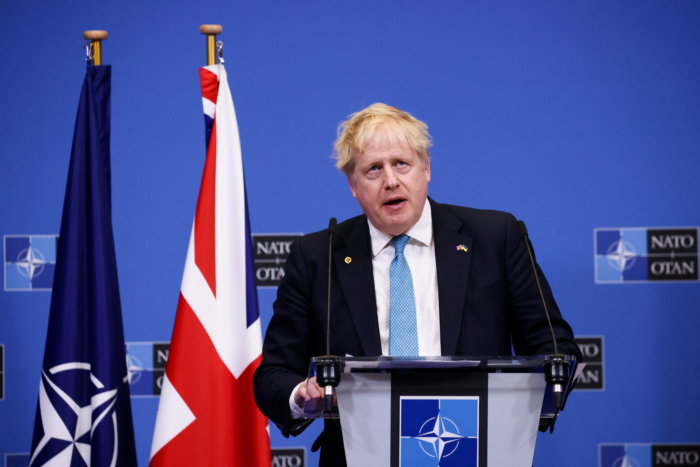
However, NATO has turned down repeated pleas by Kyiv to defend Ukraine’s skies by imposing a no-fly zone and said it will not send troops to Ukraine for fear of being dragged into a full-on military confrontation with nuclear-armed Russia.
“We remain united and resolute in our determination to oppose Russia’s aggression, aid the government and the people of Ukraine, and defend the security of all allies,” NATO leaders said in a joint statement.
GLOBAL FOOD CRISIS
French President Emmanuel Macron said that the world faced an “unprecedented food crisis” that will be even worse in 12 to 18 months as Ukraine, a major grower of wheat, barley, corn and sunflower, will not be able to sow crops.
Western powers were ready to ramp up sanctions against Russia if necessary as they continue to isolate Moscow and force a ceasefire in Ukraine, Macron said.
“These sanctions have an impact and are tangible, and we must continue them for their dissuasive effect,” he told a news conference after the NATO and G7 summits.
The United States announced that it was targeting dozens of Russian defense companies and members of the ruling class with sanctions.
The 27-nation EU has rolled out four waves of sanctions against Moscow over the past month, but energy flows are the biggest loophole in measures that have otherwise largely frozen Russia out of world commerce.
EU leaders are expected, however, to agree at their summit to jointly buy gas, and agree a deal with U.S. President Joe Biden to secure additional U.S. liquefied natural gas supplies.
WARNING TO CHINA
NATO, which has already beefed up its eastern flanks to 40,000 troops spread from the Baltic to the Black Sea, agreed to set up new combat units in Bulgaria, Romania, Hungary and Slovakia.
The alliance also warned that China should “abstain from supporting Russia’s war effort in any way, and to refrain from any action that helps Russia circumvent sanctions,” a comment echoed by Finland’s Prime Minister Sanna Marin.
“If China helps Russia, then the sanctions won’t work as we want them to work,” Marin said on arrival for the EU summit that followed close on the heels of the NATO and G7 meetings.
China has called for an end to the conflict but has not condemned Russia’s invasion and has criticized Western sanctions.
The U.S. official said the G7 and the EU – which will hold a summit with China on April 1 – would make clear any transactions involving Russian gold reserves are covered by sanctions, in a move aimed at stopping Russia from evading the penalties.
Reuters
